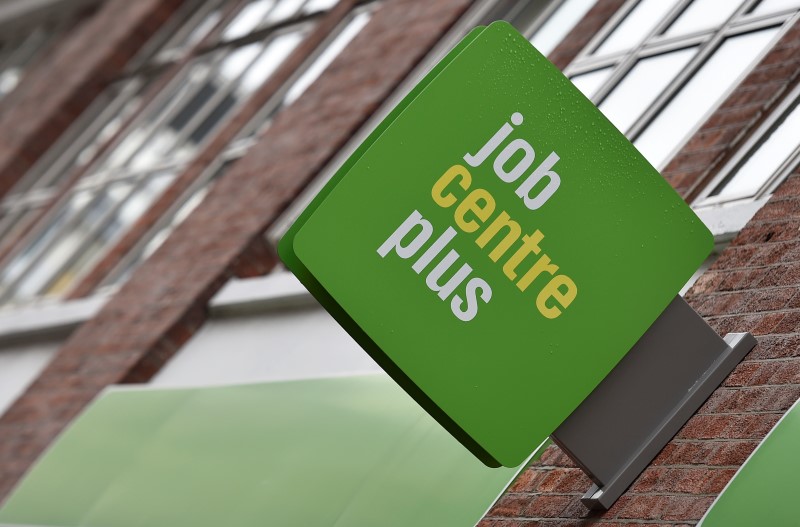U.K. wages rose at fastest pace ever outside of pandemic in October
2022.12.13 04:47
[ad_1]

© Reuters.
By Geoffrey Smith
Investing.com — U.K. wages rose faster in October than at any time on record – but still didn’t keep up with inflation, according to new data released on Tuesday.
The Office for National Statistics said that – both and without bonuses, rose 6.1% on the year, but on average over the last three months, they had still fallen 2.7% from a year earlier when adjusted for , which is currently running at over 10%.
At the same time, the stayed at a historically low 3.7%, thanks to a surprise 27,000 gain in in the three months through October. There were signs of workers re-entering the workforce as the number of long-term sick and those in early retirement fell slightly.
The figures illustrate how the economy is being constrained by the underlying tightness of a labor market that has lost millions of workers first to Brexit, then to the pandemic. They also contained a first hint of real cooling as the economy slides into recession: the number of people claiming unemployment benefits rose by over 30,000, the biggest rise since February 2021 and well above the 3,500 expected by analysts.
data are for November, while all other data in the ONS’s labor market report are for October.
The numbers come on a day when Britain’s rail unions are set to usher in a wave of strikes for higher pay across the country, many of them involving frontline workers in public services. They also come only two days ahead of a policy meeting, where rate-setters will be under pressure to raise interest rates further despite a slew of recent data suggesting that the economy is already contracting.
Workers from the RMT rail workers union voted on Monday to reject a pay offer worth 9% over two years, with more for lower-paid staff, while the Royal College of Nursing has scheduled two one-day strikes for Thursday and for December 20th. Border force officials are due to strike all through the last week of the year, threatening serious disruption at the U.K.’s airport over the holiday period.
The yawning gap between public and private-sector wage agreements continued in October, with private-sector wages running at 6.9% and public-sector ones rising 2.7% on the year. The ONS noted that private-sector wage growth may still be distorted upward by the pandemic, given that the leisure and hospitality sector was slower than most to ramp up employment last year after the government’s furlough scheme expired.
[ad_2]
Source link








